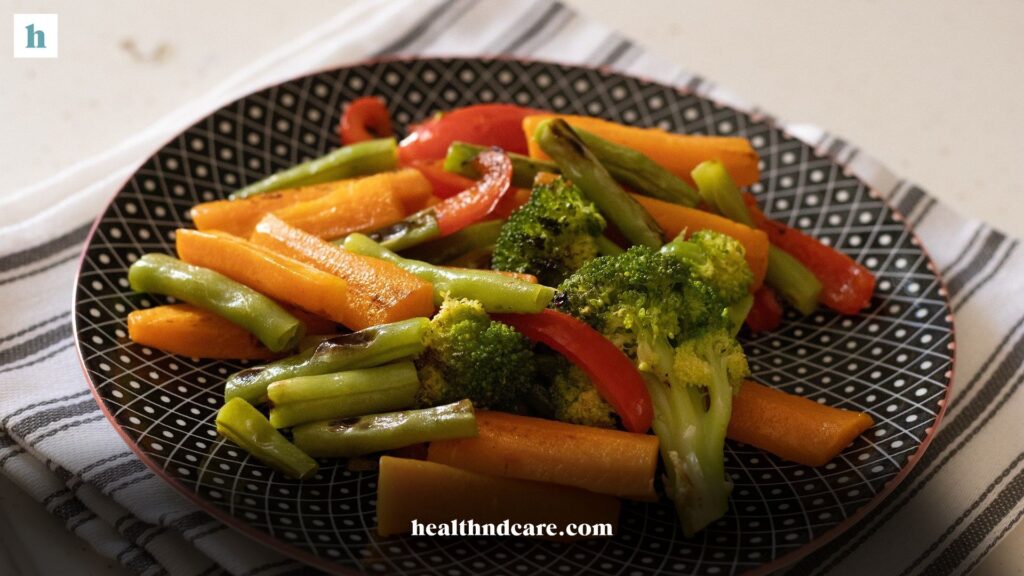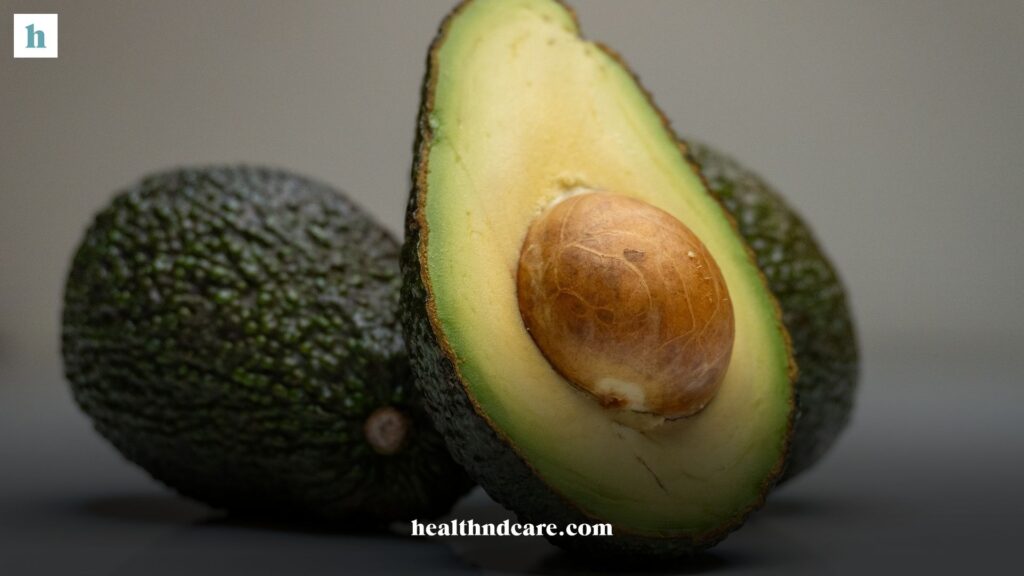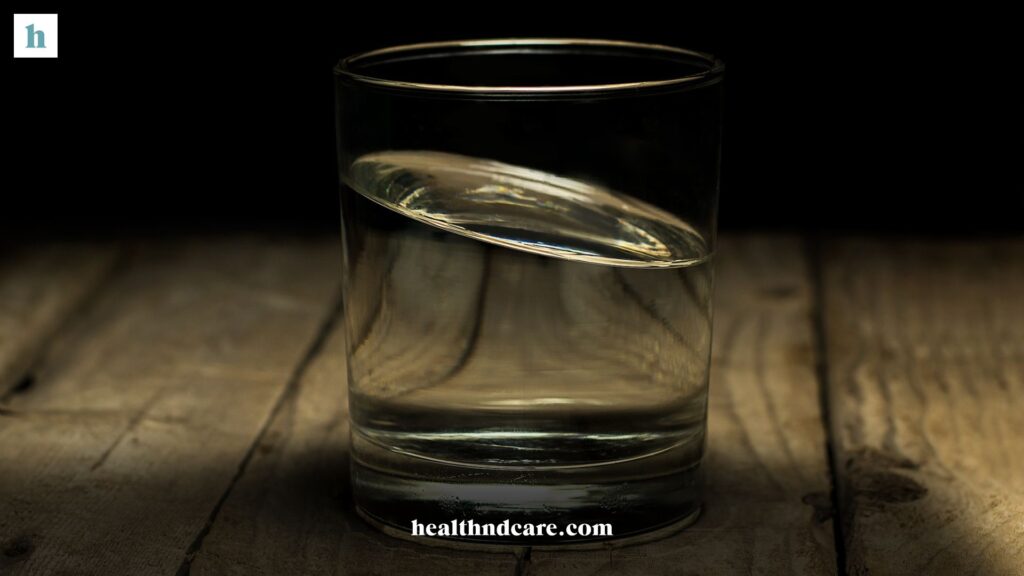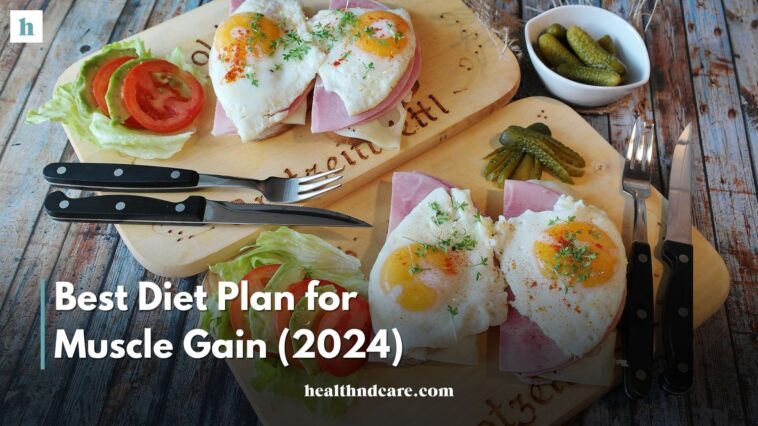Introduction
Hitting the gym is just one step to building muscle. What you consume also plays an important role in achieving your goal. A properly managed diet can optimize muscle growth, improve recovery and enhance overall performance. In this blog post we will be looking at some of the best diet plan for muscle gain. That include necessary nutrients, meal timing as well as dietary strategies.
Proteins: The Building Blocks of Muscles
Why You Need Proteins?
Muscle building primarily relies on proteins. These are broken down into amino acids which aid in healing worn-out tissues after workouts and promoting growth. If there isn’t enough protein then muscles won’t heal correctly hence limiting their potential to grow.
How Much Protein Do You Need?
To gain muscle mass should target between 1.2 g-2.2 g per kilogram (kg) of body weight or about 0.5-1 g/lb). For example if someone weighs 70 kg (154 lbs), they should aim for about 84 g-154 g a day.
Best Sources Of Protein

These include but are not limited to lean meats e.g., turkey/chicken/beef, eggs being a rich source with good quality proteins. While vegetarian options could be Greek yogurt & cottage cheese among others like lentils beans tofu etc.
Carbohydrates: Fueling Your Workouts
Why Carbs Are Important
Carbohydrates provide energy required during exercises by replacing depleted glycogen levels. Thus enabling individuals lift more weights or do longer sets before getting tired out too quickly. Which can be counterproductive towards training goals achieved over time.
Through hard work put into daily routine diet planning sessions alone without adequate nutrient support from carbs. Intake would still render them useless. Since no fuel left inside their bodies won’t allow any gains. Whatsoever besides feeling weak all day, long even if fats were burned instead.
Carbohydrate Intake for Muscle Gain
The recommended intake of carbs to build muscles is about 3-5 g per kg body weight. In this case, a person weighing 70 kg should aim at consuming between 210 g – 350 grams every day.
Best Sources Of Carbs
Complex carbohydrates are the best choice because they provide sustainable energy throughout your workout:

- Oats, brown rice and quinoa among other whole grains.
- Starchy vegetables like sweet potatoes and squash.
- Bananas, apples or berries can be eaten as fruits in order to get enough fiber as well while taking them during workouts.
Fats: Hormone Production Support
How Fats Promote Muscle Growth
Fats are essential for producing hormones such as testosterone that help in building muscles. They also aid mineral absorption which is important overall health support system.
Optimal Fat Intake
In terms of daily calorie intake, fats should constitute about 20-30%. However you need to focus on healthy sources only when trying to meet this criterion.
Best Sources Of Healthy Fats
Here are some examples where healthy fats can be found:
- Avocados contain monounsaturated fat types. Which have been proven beneficial towards heart health among other things too. So it would not hurt adding them into our diets more often than we do now.

- Seeds and nuts like almonds or chia seeds/flax-seed since they’re high omega three fatty acids content foods.
- Salmon/mackerel being an oily fish with lots of EPA/DHA. Good for brain function improvement especially when consumed regularly over long periods but not everybody likes eating.
Meal Timing: When To Eat For Muscle Gain
Pre-Workout Nutrition
Having a meal rich in carbohydrates moderate protein about two-three hours before working out. Can boost performance levels achieved during exercise sessions. Thereby maximizing gains gotten from same effort put forth into each session alone.
Without adequate nutrient support hard work put into daily routine. Diet planning sessions won’t allow any gains. Whatsoever besides feeling weak all day long even if fats were burned instead. So always remember never skip those delicious bread rolls again! A good example of such pre-workout meal would be; oatmeal mixed with banana plus scoop protein powder.
Post-Workout Nutrition
After exercising, your muscles are primed for absorbing nutrients. Consuming both proteins & carbs within half hour after exercise will help trigger recovery process faster. Thereby kick starting muscle healing hence growth too. You can take a whey shake together with some fruit. As this provides quick absorption into the bloodstream leading to fast acting benefits towards overall body.
Composition changes in relation to training adaptations achieved over time through hard work put into daily routine diet planning sessions. Alone without adequate nutrient support from carbs intake would still render them useless.
Frequency Of Meals
Instead eating three big meals per day try breaking them down into five-six smaller ones spread throughout the day. This ensures that there is a constant supply of nutrients going into your muscles which are needed for growth and recovery reasons.
How Much Water Should You Drink?

Aim to drink at least three liters of water a day, and more when you are training hard. Carry a water bottle with you as a reminder to sip consistently.
Supplements: Boosting Your Diet
Do You Need Supplements?
Although a well-balanced diet should provide most of your nutrients, supplements can be helpful. For those who want to build muscle, whey protein, creatine and branched-chain amino acids (BCAAs) are popular choices.
Conclusion
Building muscle requires proper nutrition and consistent training. To maximize your muscle-building potential, focus on protein intake, balanced carbohydrates, healthy fats and meal timing. Also remember to stay hydrated and consider supplements if necessary; this will put you on the right track towards reaching your goals.



